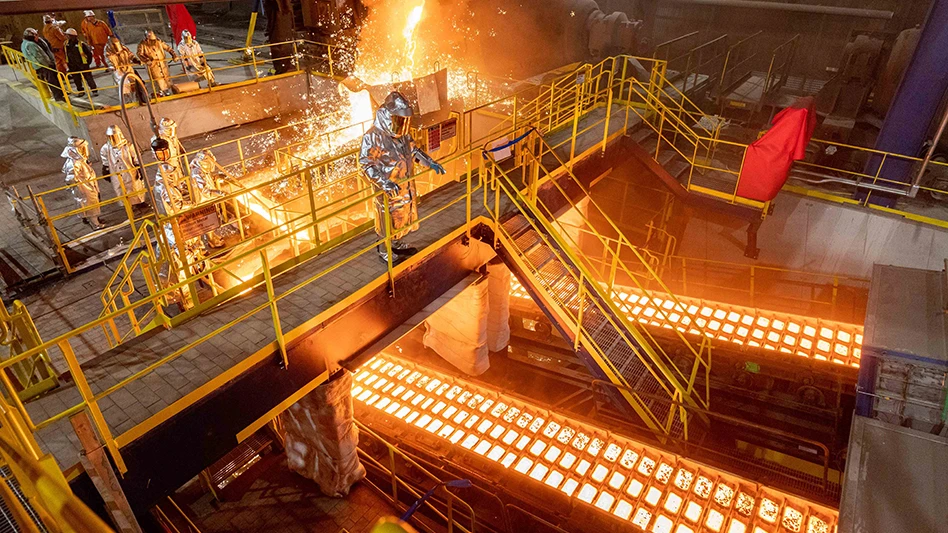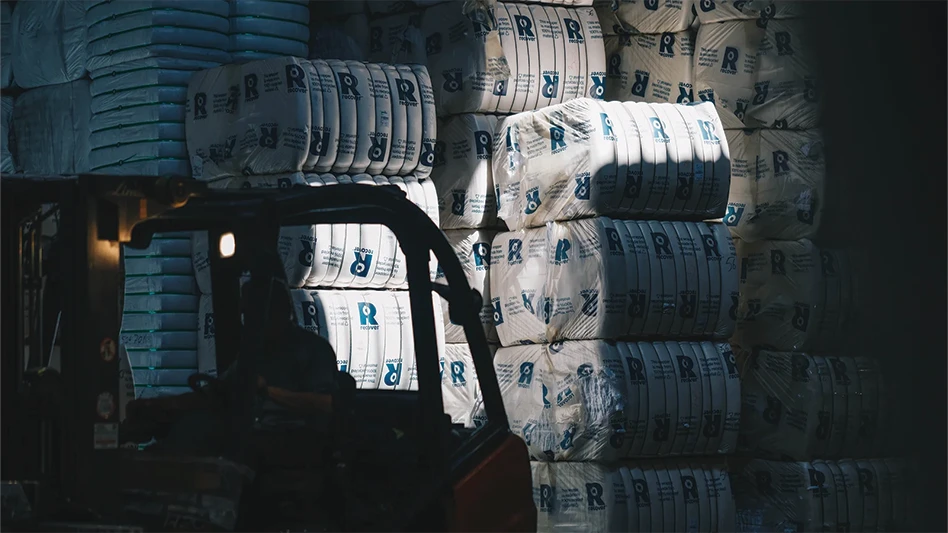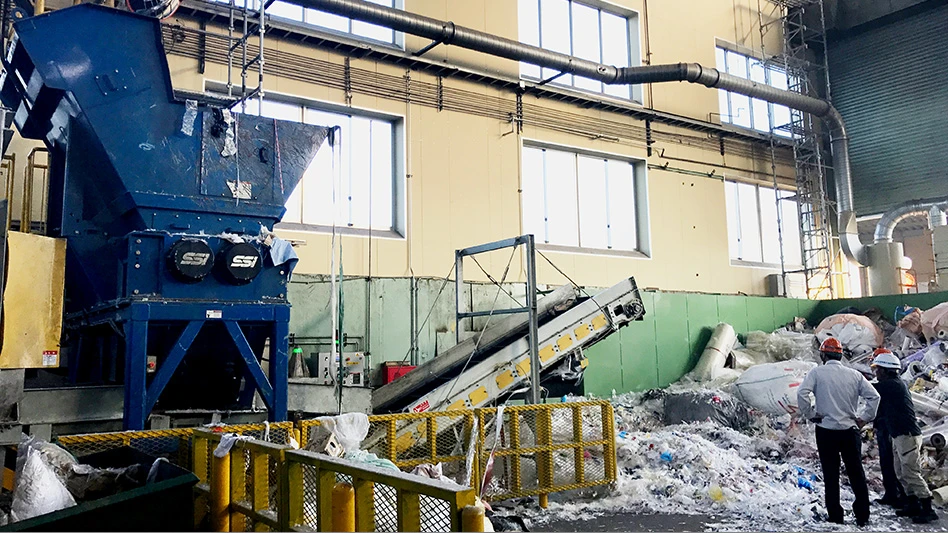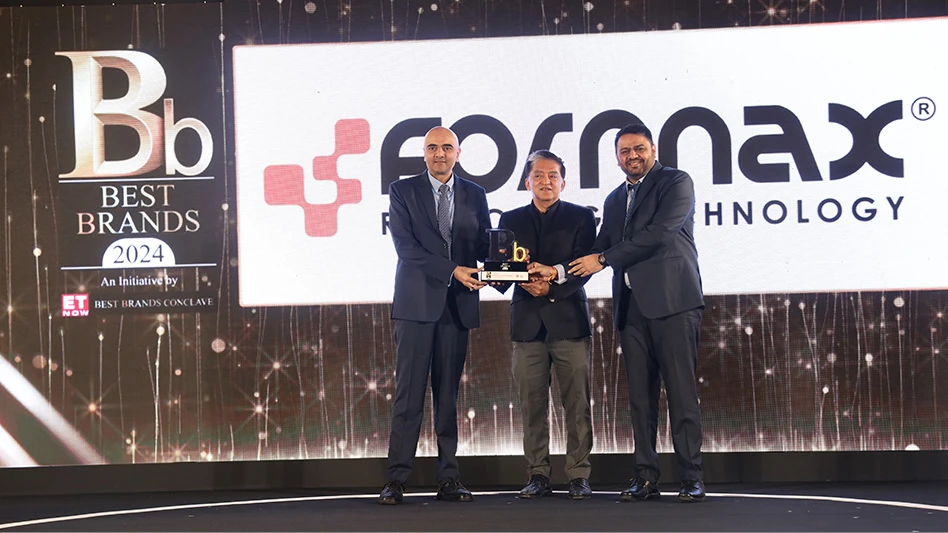Belgium-based Umicore has announced its plan to construct a manufacturing facility in Ontario to produce cathode active battery materials (CAM) and their precursor materials (pCAM) for the North American electric vehicle (EV) market.
Umicore says its investment “represents the final step in establishing a truly global production presence with battery material value chains that are regionally fully integrated to support its customers in their fast transformation towards sustainable electric mobility.”
The company, which has a sizable recycled materials smelting and metals production business unit, says the Ontario project also will entail exploring opportunities “for metals refining and battery recycling in North America to offer its customers in the region secure and circular access to critical battery materials and—in line with its earlier announced ambition to establish a regional presence in North America—across the CAM value chain.”
“Indeed, we will also explore refining and battery recycling opportunities to establish our closed-loop business model in the region and to operate as locally as possible to achieve a truly sustainable battery supply chain,” Umicore media relations officer Caroline Jacobs tells Recycling Today. “This closed loop business model increases supply security and would help avoid having to ship materials from other parts of the world.”
The planned facility would be the first of its kind in North America, Umicore says, by “combining cathode and precursor materials manufacturing at a large industrial scale and thereby completing the missing link in Canada’s battery value chain, from natural resources to electric mobility.”
The company says it is negotiating with several potential customers for production contracts in North America.
In terms of political support, Umicore and the government of Canada have signed a memorandum of understanding (MoU) to finalize a support application of the project under Canada’s Strategic Innovation Fund, the Belgian company says.
That MoU follows a recently signed agreement with Loyalist Township, Ontario, for Umicore to secure a 350-acre plot of land there. The location, “in the center of Canada’s automotive ecosystem,” according to Umicore, “offers critical advantages such as access to a highly skilled workforce, key infrastructure and renewable energy, which the new plant will be running on 100 percent from start of production.”
Umicore wants to start construction in 2023 and begin operations by the end of 2025. It foresees the potential to reach an annual production capacity able of powering approximately 1 million EVs by the end of the decade.
“Canada and the province of Ontario have all it takes for Umicore to establish a full-fledged, sustainable supply chain for battery materials, all the way from the mine right to the end-market of electric vehicles,” says Mathias Miedreich, CEO of Umicore. “Once the key customer contracts are in place, this expansion in North America would complete our global rollout of regional supply chains for our automotive and battery cell customers to, now, three continents.”
Justin Trudeau, prime minister of Canada, comments, “Today’s announcement is about creating jobs, cutting pollution, and building a stronger, cleaner economy for Canadians.”
Ontario Premier Doug Ford remarks, “Ontario has everything it needs, up and down our homegrown supply chain, to remain and strengthen its position as a North American auto manufacturing powerhouse. Umicore plans to bring this part of the EV supply chain to Ontario, which will continue to transform our auto sector and create good jobs.”
Latest from Recycling Today
- Biden officially blocks Nippon Steel’s acquisition of US Steel
- Highland Sanitation awarded solid waste and recycling contract in Wanamingo, Minnesota
- Ecobat gathers support for California permit renewal
- RecyclX platform designed to provide materials transparency
- Turkish mills sampled wide scrap market in 2024
- GLE Scrap Metal acquires interest in Mallin Cos.
- 2024 marks strong year for Van Dyk
- Recycled metal portrayed as former dictator’s fiefdom





